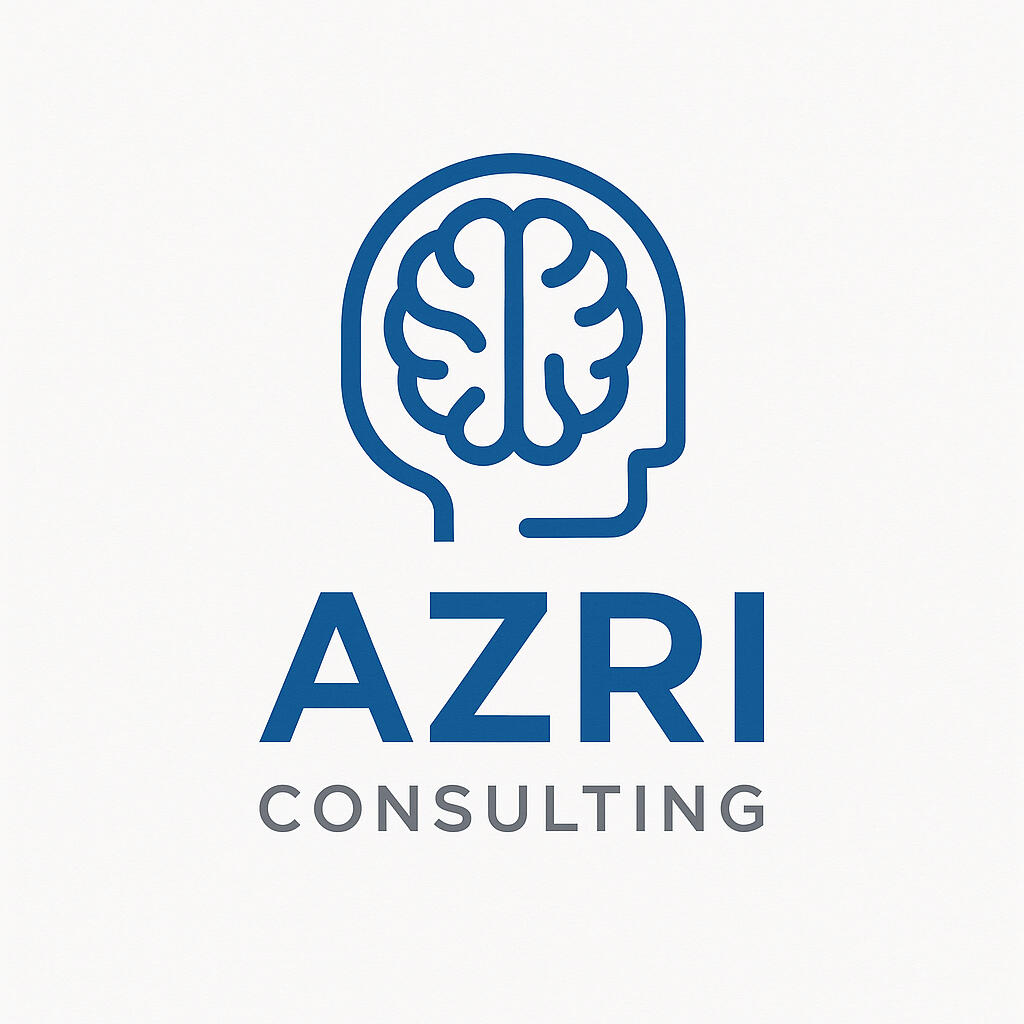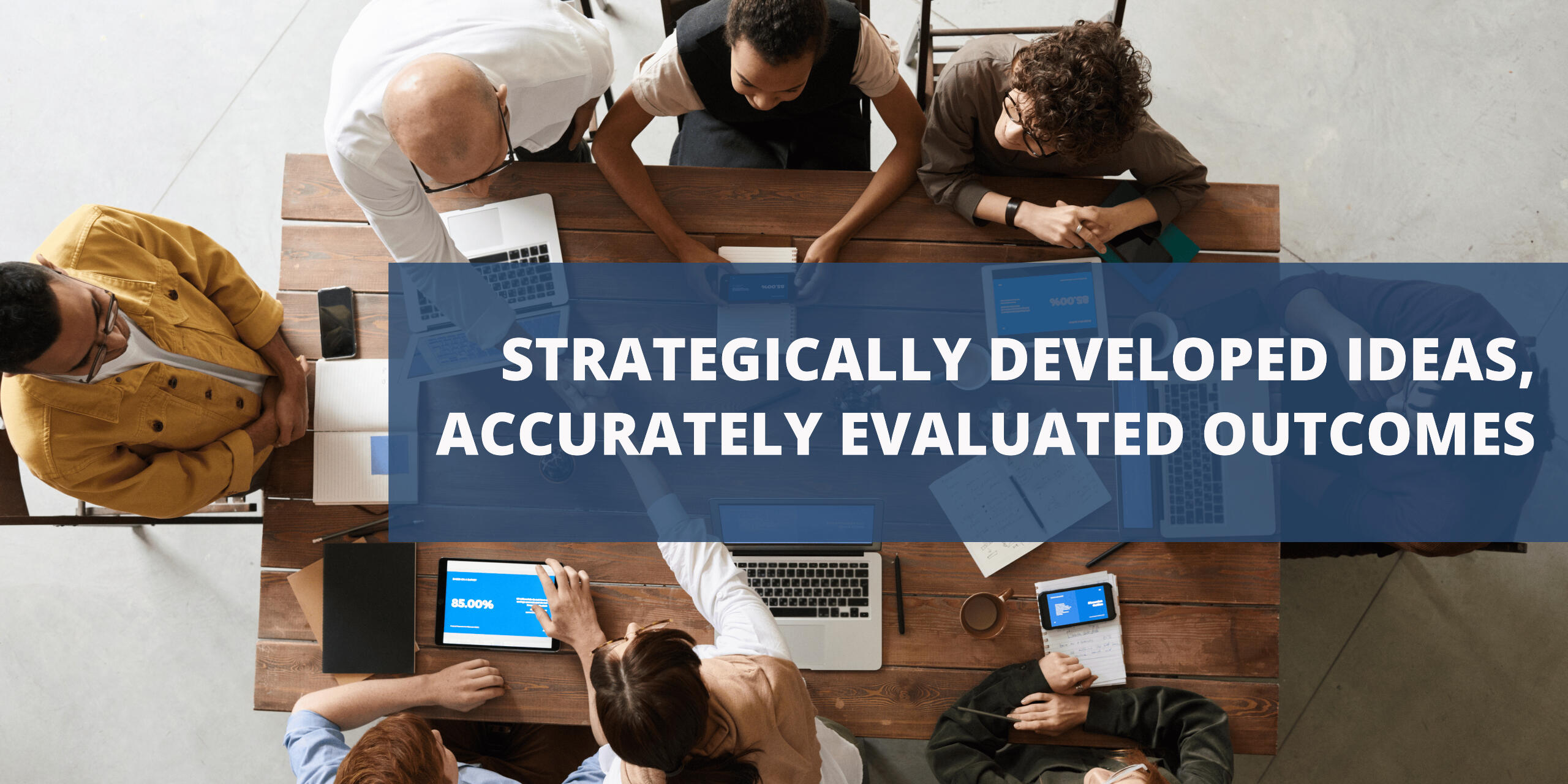
Azri Consulting is a newly established firm, rooted in decades of field experience in international development and humanitarian aid. Our core team brings together leading experts who have successfully designed, managed, and evaluated projects across the Middle East, Caucasus, South Asia, Maghreb, sub-Saharan Africa, the Caribbean, and Latin America.
Project Development
We specialize in project development from concept to proposal submission, ensuring alignment with donor priorities and contextual needs. Our team conducts thorough needs assessments, designs clear logical frameworks and develops comprehensive work plans and budgets. By integrating strategic objectives with practical implementation considerations, we create strong, fundable projects that drive meaningful and sustainable results.
Research, Surveys and Assessments
We provide comprehensive services in research, surveys, and assessments utilizing a blend of qualitative and quantitative methodologies to deliver well-rounded insights. Our approach often incorporates mixed methods to combine numerical data with in-depth contextual understanding, ensuring a fuller picture of the issues at hand. Additionally, we employ case study techniques to explore specific situations or communities in detail, allowing for nuanced analysis that informs effective decision-making and program design in humanitarian and development contexts.
Evaluation Services
We offer deep expertise in project evaluation, supporting evidence-based decision-making and continuous learning. Our team conducts formative, mid-term, and final evaluations using both qualitative and quantitative methods to assess relevance, effectiveness, efficiency, impact, and sustainability. We design tailored evaluation frameworks, develop data collection tools, and deliver actionable insights to strengthen program performance and accountability.
Finances and Compliance
We provide end-to-end financial management and compliance solutions that help organizations operate efficiently and meet donor expectations. From budget planning and forecasting to audit readiness and project close-out, our support ensures transparency and accountability. We strengthen partner capacity through targeted training and technical assistance, while our compliance services align with donor regulations through tailored budget narratives, internal controls, and audit support.
Thematic Focus
Our thematic focus areas include migration management, protection, gender and gender-based violence (GBV), education, anti-trafficking, social inclusion and civic awareness. We also focus on women’s and youth empowerment through professional development and support for entrepreneurship, with the aim of improving employability, promoting economic resilience, and fostering sustainable livelihoods.
Our Team




Irine Loria is an experienced humanitarian and development professional with over 25 years of experience leading and managing multi-sectoral projects in conflict, post-conflict, and development settings. With a strong foundation in project cycle management, she has successfully designed, implemented, and overseen programs in sectors including protection, education, women and youth empowerment and socio-economic development—particularly focused on migrants, refugees and vulnerable populations—while applying the principles of Gender, Age, Diversity and Inclusion (GADI).
She has collaborated with international NGOs, UN agencies, and donors across diverse regions, including Sub-Saharan Africa, the Middle East, the Caucasus, South Asia, and the Caribbean. Her expertise includes needs assessment, proposal development, donor engagement, team leadership and monitoring. Known for her strategic yet field-driven approach, Irine is skilled at aligning humanitarian responses with long-term development objectives to ensure meaningful impact, accountability, and sustainability.
Irine holds an advanced degree in Social and Cultural Anthropology from the University of Modena and Reggio Emilia, Italy, and has completed various certifications in human rights, migration management and social and behavior change. She speaks English, Italian, French, and Spanish, and brings intercultural sensitivity, technical expertise, and strategic leadership to her work in international development and emergency response.
Tamar Germanashvili is a seasoned Finance and Compliance professional with over 20 years of experience in managing multimillion-dollar budgets, donor-funded projects, and complex grant portfolios across international development, civil society, and public sector reform. She has held senior leadership roles with organisations such as DAI Global, IESC, Internews, and EWMI, overseeing financial operations, grants administration, and regulatory compliance in alignment with USAID, SIDA, EU, and OSCE standards. Tamar’s expertise spans strategic financial planning, operational leadership, HR and procurement management, and capacity building. She is known for her rigorous approach to risk management, her ability to align finance systems with donor and local regulations, and her commitment to ethical, inclusive, and transparent practices.
Natia Esebua is a seasoned Monitoring and Evaluation (M&E) professional with over two decades of experience in international development, peace and security, and human rights programming. Her expertise lies in designing, implementing, and evaluating complex programmes across diverse sectors and geographical contexts, including Georgia, Kosovo, Austria, and Central Asia. She has led M&E functions for major international organizations including the United Nations and the Organization for Security and Co-operation in Europe (OSCE). Her work has involved developing M&E frameworks and methodologies, conducting independent evaluations, supporting strategic planning, and leading capacity-building initiatives. A certified evaluator and graduate of the European Programme for Development Evaluation Training (EPDET), Natia brings multilingual proficiency, strong technical skills, and a deep commitment to evidence-informed decision-making.
Elene Kajaia is an emerging professional with a strong academic foundation in governance, social sciences, nationalism studies, and visual theory. She is currently pursuing her Master’s degree at Central European University in Vienna. Elene has hands-on experience in digital administration, qualitative and quantitative research, and project support through her roles at the Georgian Farmers’ Association and the International Cultural Diversity Organization in Austria. She has also contributed as a junior evaluation expert, assisting in the design, data collection, and analysis of project evaluations, with a focus on social impact and development effectiveness. Her academic research centers on identity politics, postcolonial theory, and trauma representation. Elene brings analytical insight, technical capability, and a creative perspective to her work, making her a valuable contributor.
Our Values
Anti-Racism & Racial Equity
Click to read the full statement
Disability Inclusion
Click to read the full statement
Gender Equality & Inclusion
Click to read the full statement
Environmental Protection
Click to read the full statement
Anti-Racism & Racial Equity Statement
At Azri Consulting, we are fundamentally committed to promoting racial equity and actively practicing anti-racism. We recognize that systemic racism creates unjust barriers and disadvantages and actively undermines true diversity, innovation, and social justice. We are dedicated to creating an environment where every individual, regardless of their racial or ethnic background, can thrive, contribute their unique perspectives, and access our services without prejudice.
1. Workforce Equity and Anti-Racism Culture
We strive to build a workforce that authentically reflects the racial and ethnic diversity of the communities we serve. This means:
- Equitable Hiring and Retention: We will proactively audit and reform our recruiting, hiring, promotion, and compensation processes to identify and eliminate racial bias and disparities. We actively encourage applications from qualified candidates from historically marginalized racial and ethnic groups.
- Anti-Racism Education:We promote a culture of continuous learning and accountability through mandatory, ongoing anti-racism and unconscious bias training for all employees and consultants. This ensures our team understands the history of racism and their role in dismantling it.
- Safe Reporting Mechanisms: We maintain and clearly communicate confidential channels for reporting instances of racial discrimination, harassment, or microaggressions, ensuring prompt, fair, and thorough investigation and action.
2. Equitable Service Delivery and Community Impact
- Strong Racial Equity Lens in Consulting: We integrate a racial equity lens into our consulting practice, helping clients understand and address how their policies, programs, and services may disproportionately impact racial and ethnic minority communities.
- Accessible Outreach: We ensure that our communication, outreach, and engagement strategies effectively reach and resonate with racially and ethnically diverse communities, breaking down traditional barriers to access.
- Supplier Diversity: We actively seek to partner with and procure services from businesses owned by people of different racial and ethnic background, thereby strengthening local, diverse economies.
- Accountability and Feedback: We welcome and actively seek feedback on the racial equity impact of our projects and internal practices, viewing it as an essential tool for continuous improvement in our anti-racism efforts.
Our commitment extends beyond our internal team to how we serve our clients, partners, and the public:
We believe that dismantling systemic racism is essential to achieving true excellence and fostering a just, equitable society where everyone is empowered to participate fully.
CloseDisability Inclusion Statement
At Azri Consulting, we are fundamentally committed to fostering an inclusive environment where every individual, including those with disabilities, can thrive, contribute their unique talents, and access our services without barriers. We recognize disability as a dimension of diversity and a valuable source of insight and strength.
1. Workforce Inclusion
- Equitable Hiring: We ensure our recruiting, hiring, and promotion processes are accessible and free from bias. We actively encourage applications from qualified candidates with disabilities.
- Reasonable Accommodations: We are committed to providing reasonable accommodations to employees and consultants with disabilities to enable them to perform their essential job functions effectively. We approach accommodation requests promptly, respectfully, and confidentially.
- Inclusive Culture: We promote a culture of respect and understanding through training and education, ensuring all employees understand disability etiquette and the importance of universal design principles.
We strive to build a workforce that reflects the diversity of the communities we serve. This means:
2. Accessible Service Delivery
Our commitment extends beyond our internal team to how we serve our clients and the public:
- Accessible Consultation: We work to ensure all client meetings, workshops, presentations, and documents are delivered in accessible formats, utilizing digital accessibility standards (e.g., WCAG) whenever possible.
- Technology and Tools: We prioritize the use of accessible technology and digital tools in our operations and consulting engagements, ensuring compliance with relevant accessibility guidelines.
- Feedback Mechanism: We welcome and actively seek feedback on the accessibility of our workplace and services, viewing it as a continuous opportunity for improvement.
We believe that true excellence is achieved only when everyone is empowered to participate fully.
CloseGender Equality & Inclusion Statement
At Azri Consulting, we firmly believe that fostering an environment of gender equality and inclusion is not merely an ethical imperative, but a core driver of innovation, creativity, and business success. We are particularly proud to highlight that our firm was founded and is currently managed by an all-female leadership team, underscoring our deep-rooted dedication to female empowerment and equitable representation. We are committed to creating a workplace where every individual, regardless of gender identity or expression, is treated with respect, fairness, and dignity, and where all employees have equal opportunities to reach their full potential. Our policy on gender equality is built upon the following actionable commitments:
- Equal Opportunity:We are committed to ensuring fair and unbiased treatment throughout the entire employment lifecycle, including recruitment, hiring, performance reviews, training, promotions, and compensation. We pledge to eliminate any systemic barriers that may hinder the advancement of all individuals, particularly in fields where specific genders are traditionally underrepresented.
- Pay Equity: We commit to conducting regular and transparent pay audits to ensure that compensation is based strictly on role, experience, performance, and skill, eliminating any gender-based pay gaps.
- Inclusive Culture: We are dedicated to maintaining a workplace that is free from harassment, discrimination, and bias of any kind. We encourage open dialogue, support flexible work arrangements where feasible, and provide comprehensive training to all employees to promote understanding and respect for diversity.
We believe that when everyone is valued, we all succeed.
CloseEnvironmental Protection Statement
At Azri Consulting, we recognize that safeguarding the environment is not just a regulatory obligation, but a fundamental commitment to our planet, our community, and the long-term sustainability of our business. We are dedicated to conducting our operations in an environmentally responsible manner, constantly seeking ways to minimize our footprint and promote a healthier future. Our policy is founded on the principle of continual improvement and focuses on the following core pillars:
- Compliance and Accountability: We commit to meeting all applicable environmental laws, regulations, and standards. We will regularly audit our practices to ensure full compliance and hold ourselves accountable for measurable environmental performance.
- Resource Efficiency: We are dedicated to reducing consumption of natural resources, including water and energy, across all facilities and processes. This involves implementing technologies and practices that improve efficiency, optimize logistics, and reduce waste generation.
- Employee and Stakeholder Engagement: We believe that environmental stewardship is a shared responsibility. We will provide training and resources to empower our employees to act sustainably in their daily work and actively engage with our customers, suppliers, and local community members to promote best environmental practices.
Protecting our planet is protecting our future ensuring long-term prosperity and survival of humanity.
Close
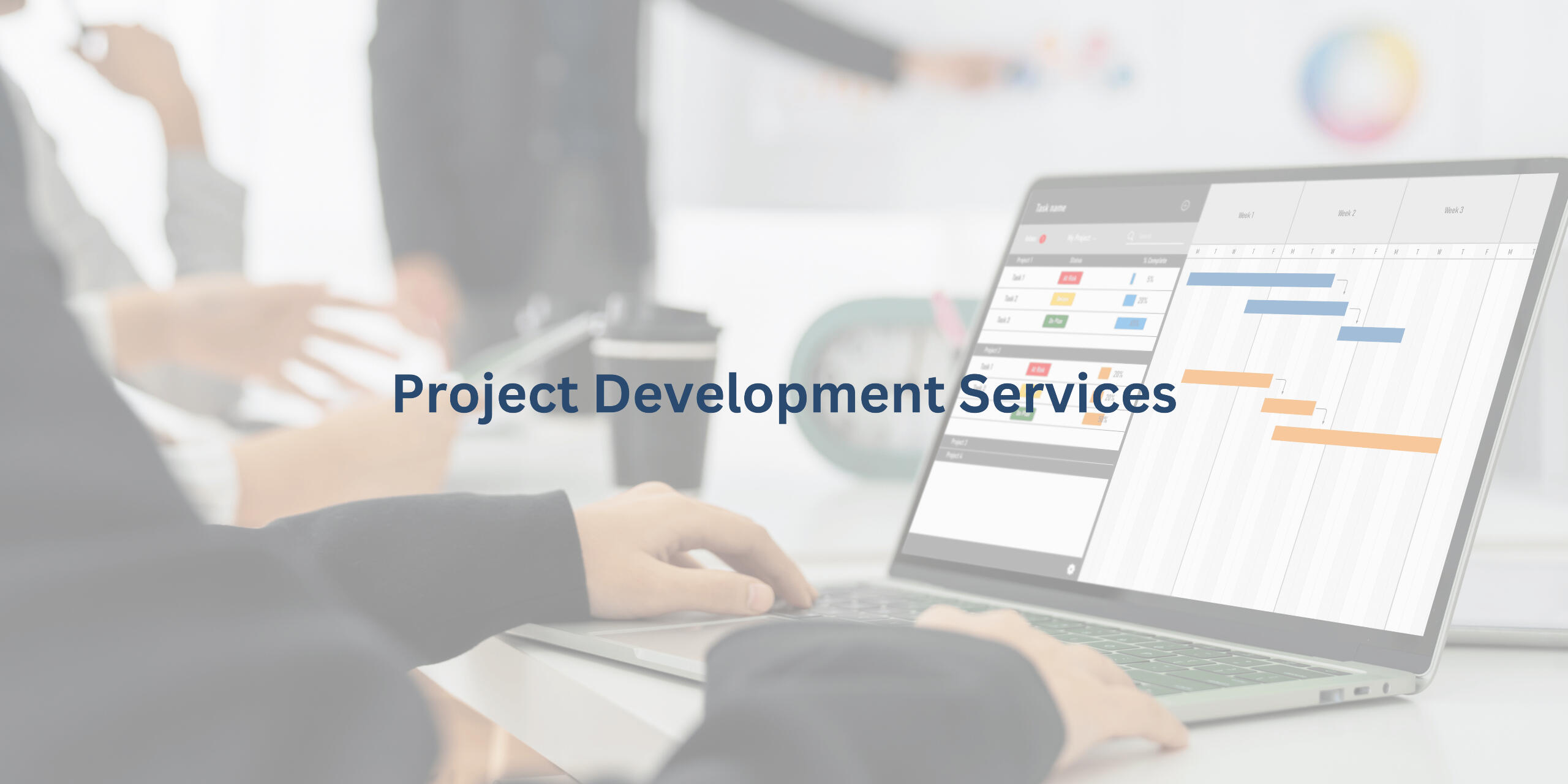
• Definition of the purpose and scope of the assessment or project
• Identification of stakeholders and beneficiaries
• Collection of background and contextual information
• Selection of appropriate data collection methods
• Analysis of gaps, needs, and priority areas
• Assessment of vulnerabilities and potential risks
•Drafting of clear, concise, and results-oriented proposals with well-defined problems and realistic, evidence-based solutions
•Alignment of proposals with donor requirements
•Design of a logical and evidence-informed theory of change
•Ensuring consistency with strategic priorities
•Incorporation of sustainability measures and risk mitigation strategies
• Design of clear vertical logic: Activities → Outputs → Outcomes → Impact
•Development of SMART indicators (Specific, Measurable, Achievable, Relevant, Time-bound)
•Identification of verifiable means of verification, ensuring they are realistic, accessible and appropriate to available data resources
•Formulation of realistic and clearly stated assumptions, reflecting critical external conditions
•Emphasis on results and impact, demonstrating the expected change and how it will occur
•Definition of clear SMART objectives (Specific, Measurable, Achievable, Relevant, Time-bound)
•Development of a Theory of Change, illustrating how activities will lead to outputs, outcomes, and impact
•Identification of well-defined qualitative and quantitative indicators for inputs, outputs, outcomes, and impact, including baselines
• Design of a comprehensive data collection plan, specifying what data will be collected, how, when, and by whom-including data sources, tools, frequency; Outlining how data will be stored, verified, analyzed, and reported to ensure quality, consistency, and security.
•Definition of clear objectives and goals
•Breakdown of objectives into actionable steps and detailed task lists
•Design of a schedule including deadlines and milestones for each task and activity
•Assignment of tasks, roles, and responsibilities to ensure accountability and clarity
•Development of indicators of success
•Design of procurement and logistics plans
•Identification of key roles and positions within the organization and project
•Design of accurate reporting relationships and team structure with a clear hierarchy
•Development of roles and responsibilities matrix (RACI or similar)
•Assessment of staffing needs and skill gaps for effective team performance
•Creation of onboarding and training plans for new team members

• Feasibility Studies – Analyzing the practicality and potential success of new projects, products, or initiatives.
• Impact Studies – Assessing the outcomes and effects of programs, interventions, or policies.
• Policy Analysis – Examining the effectiveness and implications of policies at local, national, or international levels.
• Qualitative Research – Using interviews, focus groups, and case studies to understand behaviors, attitudes, and experiences.
• Quantitative Research – Collecting and analyzing numerical data through surveys, experiments, and statistical methods.
• Exploratory Research – Investigating new areas where little prior information exists to define problems or generate hypotheses.
• Custom Survey Design – Creating tailored surveys to meet specific research objectives, including question formulation and structure.
• Face-to-Face Surveys – Administering surveys in person, especially for local or community-based research.
• Survey Sampling – Developing representative samples to ensure accurate and generalizable results.
• Survey Data Analysis – Analyzing data to identify trends, patterns, and actionable insights.
• Needs Assessments – Identifying gaps, challenges, and priorities within a community, organization, or program.
• Risk Assessments – Analyzing potential threats in financial, operational, or environmental contexts.
• Compliance Assessments – Ensuring adherence to relevant regulations, standards, and best practices.
• Baseline Assessments – Establishing a starting reference point before a new project or intervention.
• Community Assessments – Understanding community needs, assets, and challenges to inform strategies.
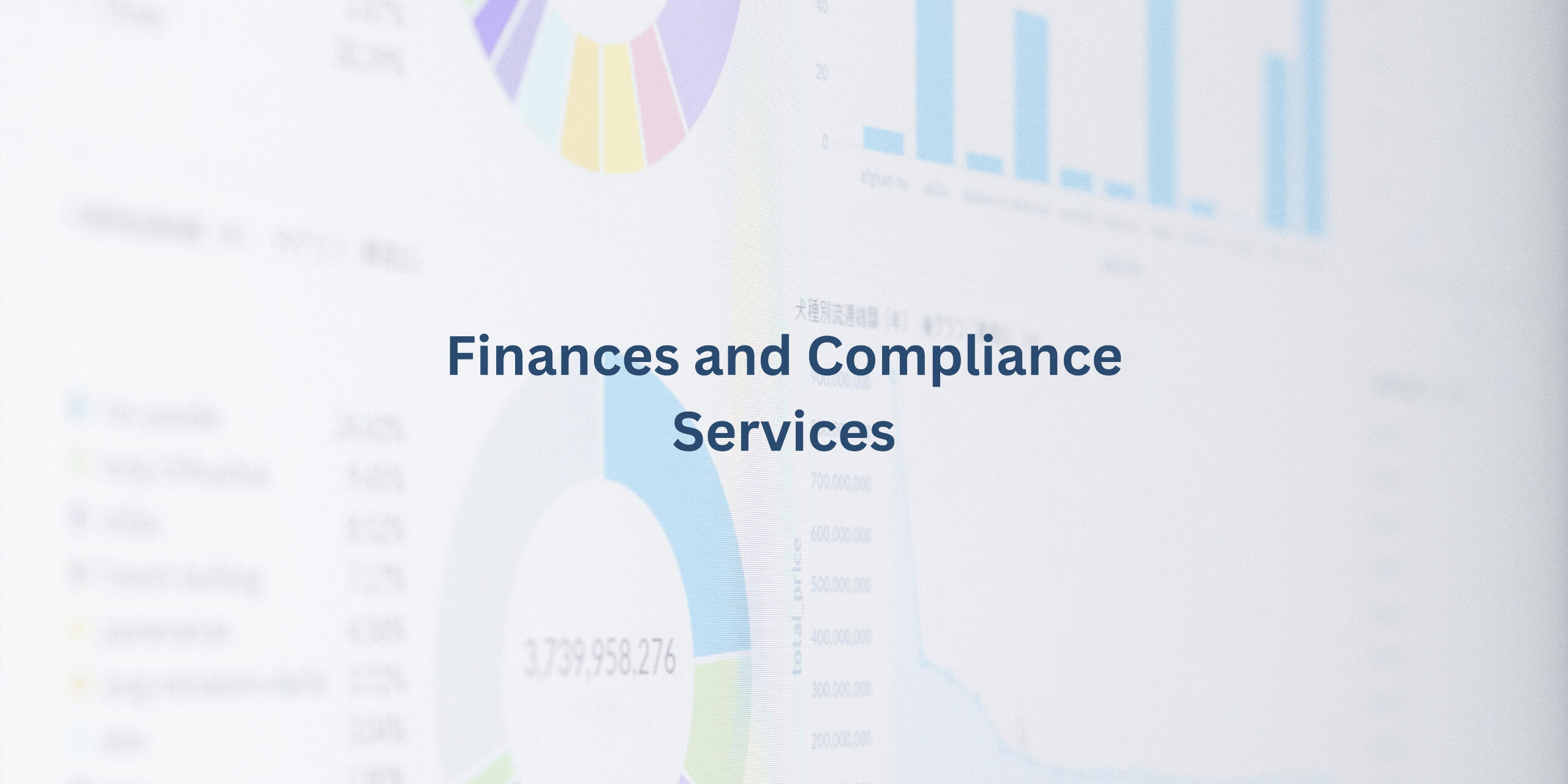
• Budget Planning & Design – Development of detailed, cost-effective budgets aligned with project objectives and donor expectations.
• Unit Cost Analysis & Justification – Evidence-based cost estimations to support value for money.
• Budget Structuring – Detailed breakdowns by component, timeline, and milestone, fully integrated with work plans and M&E needs.
• Spending Oversight & Forecasting – Monthly and quarterly budget-to-actual comparisons, variance analysis, and budget reforecasting.
• Capacity Strengthening – Training and support for staff and local partners in budgeting, financial tracking, and reporting.
• Close-Out & Audit Prep – Final financial reconciliations, document consolidation, and audit readiness support.
• Donor Alignment – Adherence to financial regulations from donors and other institutional funders.
• Budget Narratives & Justifications – Development of clear, defensible narratives to accompany budget submissions and financial reports.
• Financial SOPs & Internal Controls – Creation and implementation of standard operating procedures to ensure consistency and accountability.
• Audit Preparation & Response – Support during donor or independent audits, including documentation preparation and response to queries.
• Lessons Learned & Compliance Reviews – Post-project assessments to identify gaps, improve future compliance, and support organizational learning.
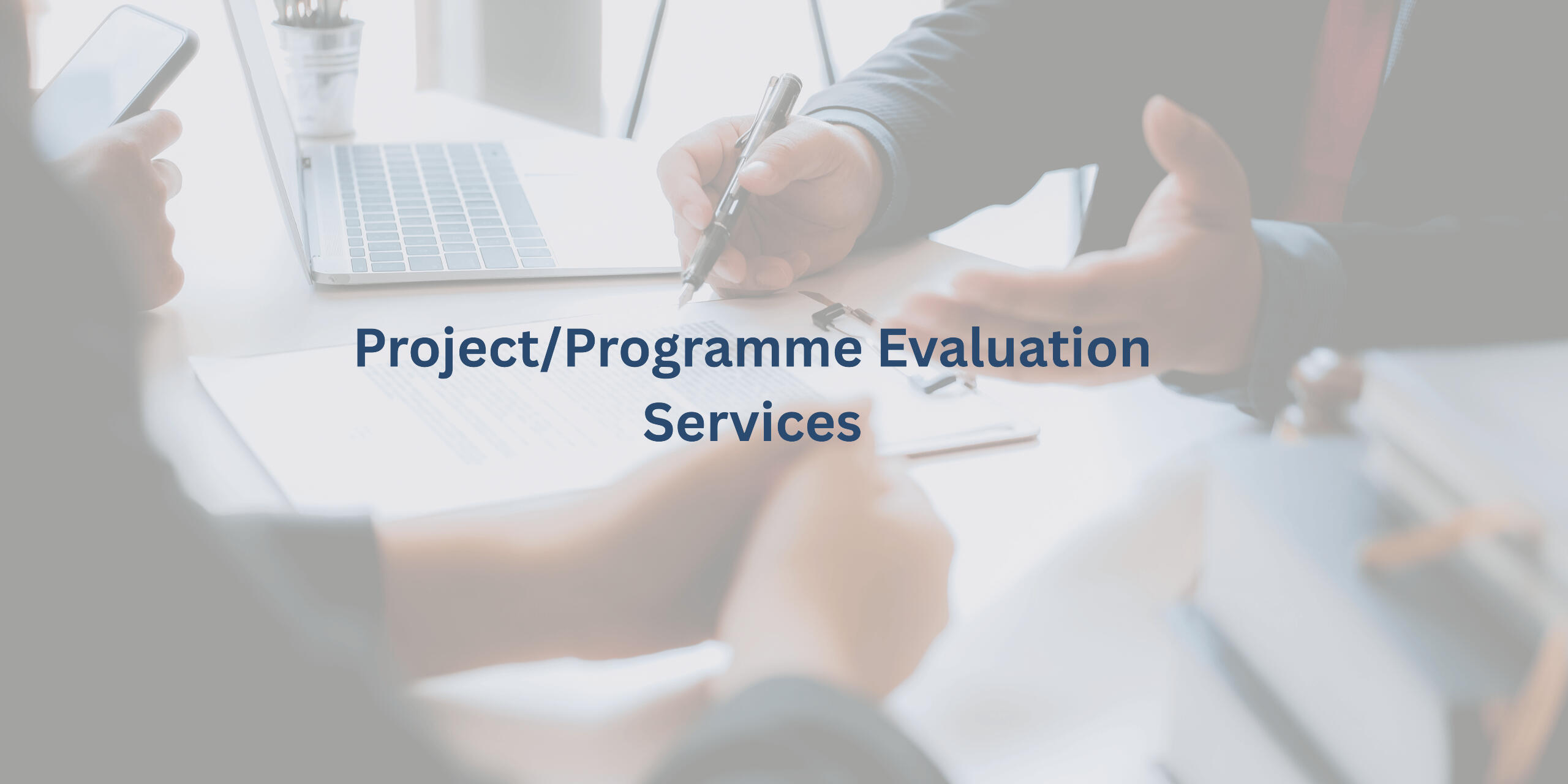
• Mid-term evaluations (during implementation).
• Final evaluations (at project completion).
• Impact evaluations (to assess long-term change and outcomes).
• Methodologies tailored to the context, scope, and objectives.
• Mixed-methods approach to strengthen reliability and depth of findings.
• Incorporation of perspectives from beneficiaries, implementers, and key stakeholders.
• Emphasis on transparency, relevance, and local ownership.
• Compliance with UNEG Norms and Standards for Evaluation.
• Ethical guidance drawn from ALNAP standards for evaluating humanitarian action.
• Deliver actionable insights for future programming and policy.
• Ensure findings are practical, context-sensitive, and strategically relevant.
